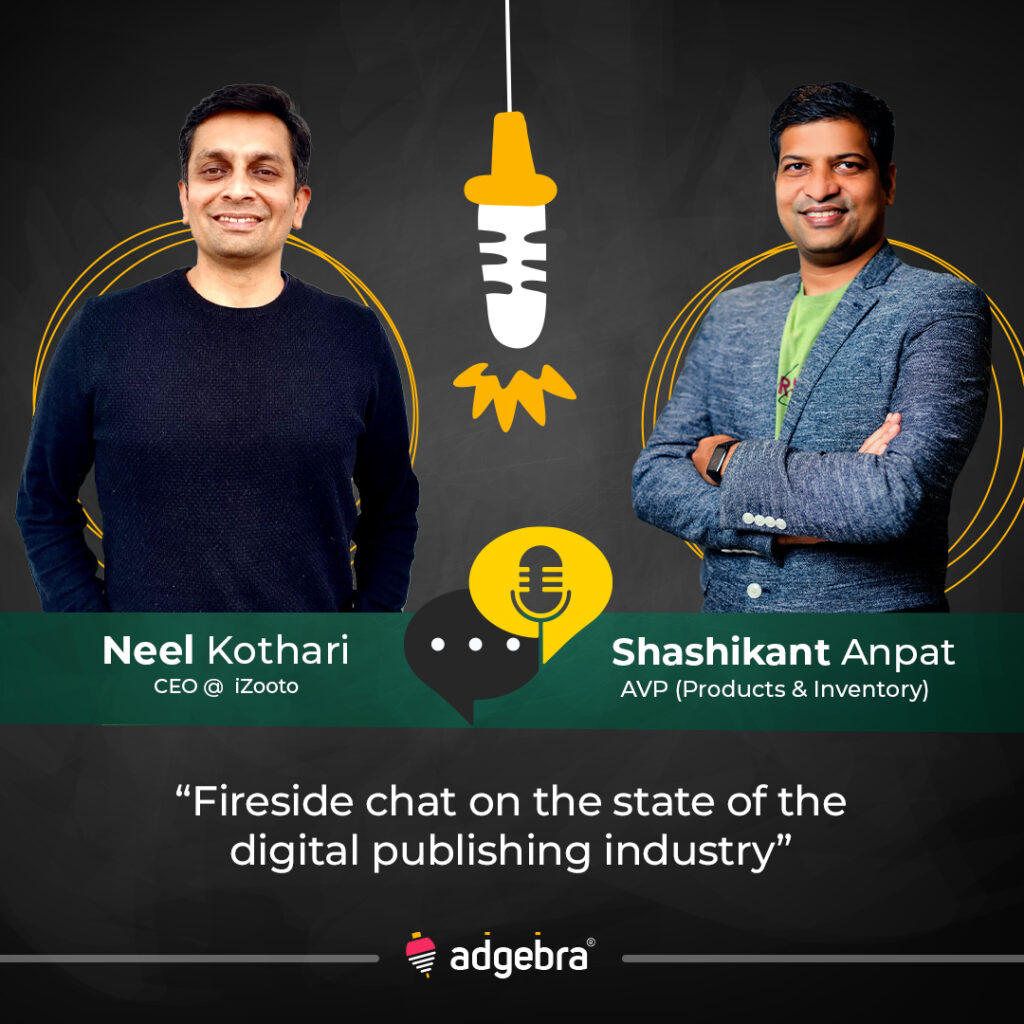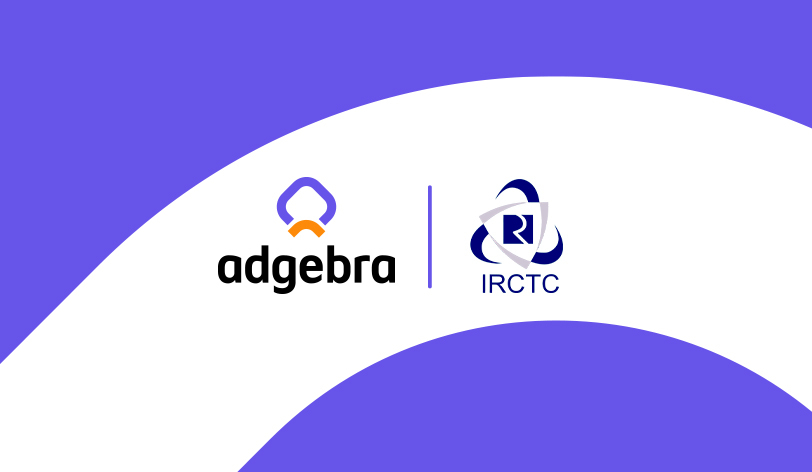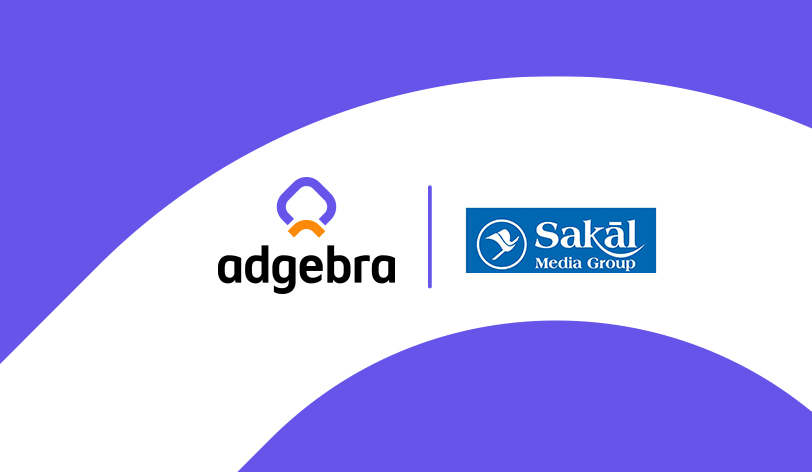
Neel Kothari & Shashikant Anpat had a fireside chat on the ‘State of the digital publishing industry & the challenges they face’.
Neel Kothari is the CEO of iZooto (the world’s leading ‘owned audience marketing’ platform used by more than 2,000 publishers and e-coms to own, engage and retain their website visitors).
Shashikant Anpat is the co-founder & AVP – Product Strategy of Adgebra, Inuxu Digital Media Technologies (Adgebra is a glocal ad tech platform that caters to Native, video and rich media ad formats and presently reaches over 500 million monthly active users via its network of 2000+ partner publishers managing over 30 billion monthly ad serving opportunities).
Here is the transcript of their conversation in 2 parts.
PART 2
Neel Kothari: What best practices should Indian publishers follow to optimize their monetization ability?
Shashikant Anpat: Indian publishers can enhance monetization by prioritizing an audience-centric approach, tailoring content to Indian preferences. Mobile optimization is crucial, and programmatic advertising ensures real-time, data-driven ad placement for maximum revenue. Upholding ad quality standards and complying with data privacy regulations builds user trust. By adhering to these principles, publishers can strike a balance between engaging content and effective monetization in the Indian market. To optimize further, publishers should structure content moderately, prioritize direct traffic over AMP for a loyal audience, and embrace new-age ad formats like rich media. Placing article images strategically enhances user experience, ensuring a smoother reading process.
Neel Kothari: What is the difference you have found in strategies of Indian vs International ad networks?
Shashikant Anpat: Indian ad networks often prioritize localization, offering services in multiple regional languages and emphasizing vernacular content creation to align with diverse cultural preferences. Given the cost sensitivity in the Indian market, strategies focus on providing cost-effective solutions and adopting a mobile-first approach to cater to the widespread use of smartphones. These networks also address challenges related to internet connectivity, particularly in rural areas. International ad networks, on the other hand, have a broader global reach and often operate in more developed digital ecosystems. They may adopt cutting-edge technologies and diverse monetization models, complying with strict data privacy and advertising regulations. Strategies for international networks involve cultural sensitivity to target diverse global audiences and navigate the complexities of different markets while ensuring compliance with stringent legal frameworks.
Neel Kothari: Do you think overdependence on browsers can affect ad tech business?
Shashikant Anpat: Overdependence on browsers exposes the industry to challenges such as frequent privacy policy changes, reduced user tracking capabilities, and the rise of ad blockers. Additionally, walled garden environments within browsers and growing data security concerns introduce complexity and potential regulatory scrutiny. In response, ad tech companies are diversifying strategies, exploring alternative data sources, and adapting to evolving privacy regulations to decrease reliance on browsers and ensure long-term sustainability in the dynamic digital advertising ecosystem.
Neel Kothari: What are the future trends in the ad tech space?
Shashikant Anpat: The ad tech industry is undergoing transformative changes, primarily in data and targeting due to the phasing out of third-party cookies. This shift emphasizes first-party data collection, privacy-friendly contextual targeting, and increased use of programmatic advertising. Additionally, technological advancements, including AI and machine learning, are combating ad fraud, exploring metaverse opportunities, and enhancing ad targeting, measurement, and fraud prevention. Amidst these changes, vernacular ads are expected to expand from native to display and video formats, reflecting a preference for culturally resonant content. The imminent shift from third-party cookies will amplify reliance on first-party data, especially from sources like publisher-secured email IDs, while contextual advertising is set to make a comeback for enhanced relevance. As user behaviour tilts towards video and audio content, advertisers must adapt strategies to align with this evolving preference.
Contact Shashikant Anpat for Adgebra‘s unique advertising solutions.




